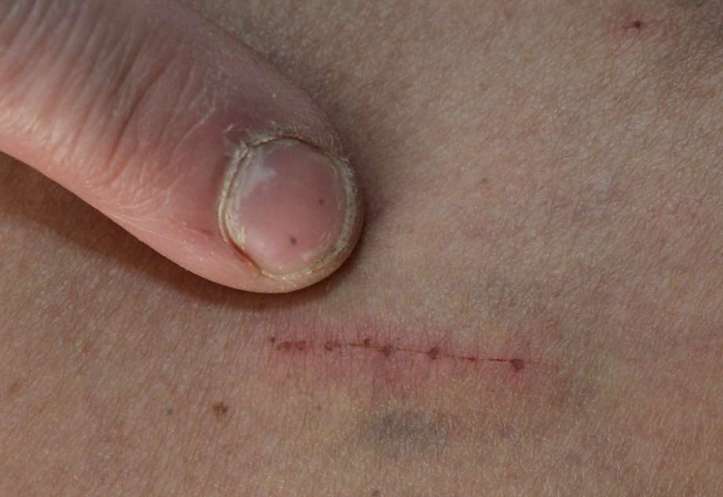
Morgellons disease is a rare, unexplained skin disorder marked by sores, crawling sensations on and under the skin, and fibre-like filaments emerging from the sores. There is still uncertainty over these strings. Some explain these to be wisps of cotton thread, probably coming from clothing or bandages. While medical experts say it is a physical illness where a person thinks parasites have infected their skin.
Your healthcare professional may call it a skin condition that occurs unknowingly. The disease may be a result of an infectious process in the skin cells. Further studies are required to exactly understand Morgellons disease.
Signs and symptoms of Morgellons
People who suffer from Morgellons disease have the following signs and symptoms:
- Skin rashes or sores that can cause intense itching
- Crawling sensations on and under the skin, often compared to insects moving, stinging or biting
- Fibres, threads or black stringy material in and on the skin
- Severe fatigue
- Difficulty concentrating
- Short-term memory loss
- Sleep problems
- Tooth loss
- Joint and muscle pain
- Hair loss
- Nervous system problems
Severe itching and open sores that come along with Morgellons disease can affect a person’s quality of life. These signs and symptoms of the disease are identical to those of a mental illness involving false beliefs about infestation by parasites.
Treatment of Morgellons
There is no available cure for Morgellons disease. Treating any medical condition or psychological problem that occurs alongside Morgellons may ease some of the symptoms in some patients.
How to cope with Morgellons disease
The signs and symptoms associated with Morgellons disease can be emotionally devastating. Though healthcare professionals disagree on the nature of the disease, you deserve specialized treatment. Following tips will help you manage symptoms better:
- Find a doctor who listens to your concerns, performs a detailed examination and discusses various treatment options with you because patients’ claims of Morgellons disease have often been ignored or dismissed as fakes.
- You need to have patience while your doctor looks for known conditions that point to evidence-based treatments before considering a diagnosis of Morgellons disease.
- Consider various causes for your symptoms and discuss your doctor’s recommendations for treatment which may include a long-term mental health therapy.
- You must get treatment for conditions like anxiety, depression that may have an impact on your thinking, moods or behaviour.